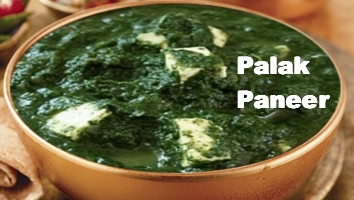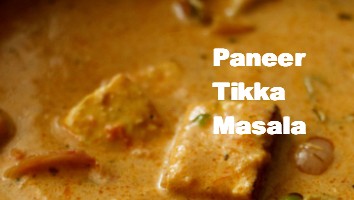" Precaution is better than cure" it is true and it also applies to our kitchen's. We can avoid lot accidents in the kitchen if we follow the simple things. We present an overview of what we have found to be the most common ways people can get hurt in a kitchen, and the ways you can avoid being hurt, or hurting someone else.
| Make sure all the electric appliances & burners are turned off before you leave the kitchen. |
| Keep electrical appliances away from water to avoid electrical shock. And stay away from electrical sockets, ESPECIALLY if your hands are wet. |
| Make sure paper towels, dish towels and pot holders are kept away from the stovetop, so they won't catch fire. |
| Never add water to a dish that has hot oil in it. It could splatter, and someone could get hurt. |
| Dress for fire safety in the kitchen. Don't wear loose fitting clothing. |
| Don't put knives or other sharp objects into a full sink. Someone could reach in and accidentally get hurt. |
| Never leave cooking unattended. If you must leave the kitchen for some reason, turn the heat off & take something with you to remind you that you have something cooking. |
| Avoid reaching over the stove for anything while cooking. Store frequently needed items in other areas of the kitchen. |
| Keep young children & pets away from cooking areas entirely. |
| Clean any grease build-up from the stove, oven & exhaust fan regularly. Cooking grease & oil ignite easily & burn rapidly. |
|
|
| Shield yourself from steam when uncovering food, especially microwave servings. Steam can cause serious burns. |
| Always turn pot handles toward the back of the stove so no one accidentally bumps into them and knocks a pot over. |
| Always make sure your knives are kept clean and sharpened. A dull knife will slip and cut you long before a sharp one will. Never cut toward you or down into your hand. Play it safe. |
| Keep the stove-top clean and clear. Keep food and grease from building up by cleaning often and keep things that can catch fire, like pot holders or wooden utensils, away from heat. |
| Do not put any metallic materials in the microwave oven, which may cause sparks and eventually damage the microwave. |
| Prevent boil-over's by not overfilling pots. Use recommended temperatures instead of increasing the heat to reduce cooking time. |
| Use a burner that's the appropriate size for the pan you're using. |
| Always wash your hands in hot, soapy water, scrubbing for 10-15 seconds before and after handling raw meat, poultry, seafood, or eggs. Wash fresh vegetables and fruits thoroughly. |
| Clean and disinfect sinks and often-touched kitchen surfaces, such as, handles on refrigerators, dishwashers, ovens, microwaves, faucets, countertops, drawers, and cabinets. The kitchen sink drain, disposal and connecting pipe are often overlooked. |
| Frequently launder dish cloths and sponges. |









Opinions
Jack Lenox
Kevin Koehler
Ben Lowery
Neha Gajjar